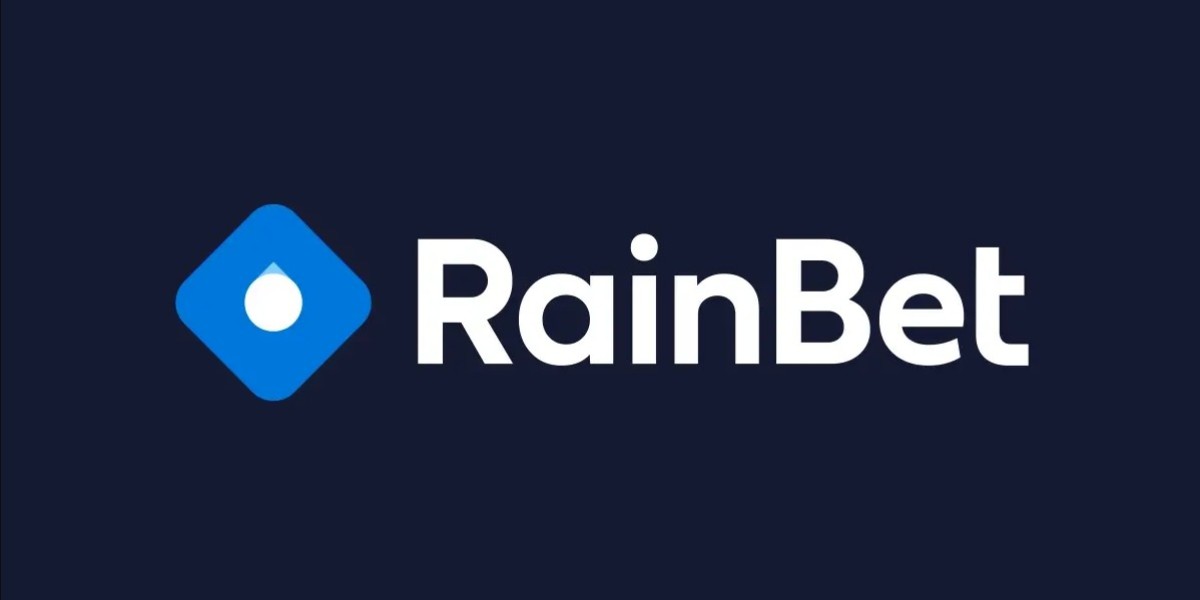personal consolidation loans for bad credit (skyrealestate.co) provide people with poor credit histories a viable choice to manage their debts more successfully. These loans enable borrowers to mix multiple debts into a single loan, typically with more favorable phrases. This report will explore the character of non-public consolidation loans, the options out there for those with dangerous credit score, the benefits and drawbacks, and tips for securing such loans.

What are Private Consolidation Loans?
Private consolidation loans are unsecured loans that permit borrowers to consolidate multiple debts into one loan. This means that instead of making several funds to different creditors every month, borrowers can make a single month-to-month payment. The first purpose is to simplify debt administration and probably cut back general curiosity funds.

Why Consider Consolidation Loans for Bad Credit?
People with unhealthy credit usually face increased interest rates and fewer borrowing options. A private consolidation loan can assist enhance their monetary situation by:
- Decreasing Month-to-month Payments: By consolidating debts, borrowers can often secure a decrease interest price, which might lead to lower monthly funds.
- Simplifying Funds: Managing a number of debts will be overwhelming. A consolidation loan simplifies funds by reducing the number of funds.
- Enhancing Credit Score: Successfully managing a consolidation loan can lead to improved credit score scores over time, as it reduces the overall quantity of excellent debt and demonstrates accountable repayment conduct.
Kinds of Personal Consolidation Loans for Bad Credit
- Secured Loans: These loans what are the easiest loans to get with bad credit backed by collateral, similar to a automobile or residence. Because they are less risky for lenders, secured loans could also be easier to acquire for these with bad credit and can offer decrease interest charges.
- Unsecured Loans: These loans do not require collateral, making them riskier for lenders. In consequence, they may include larger interest charges. Nonetheless, they provide an option for people who would not have assets to safe a loan.
- Credit card Stability Transfers: Some people may select to transfer current credit card balances to a new credit card with a decrease curiosity rate or a promotional 0% APR provide. This is usually a type of consolidation if managed properly.
- Debt Management Programs: Whereas not loans in the normal sense, debt management packages provided by credit counseling agencies may also help consolidate debts by negotiating lower curiosity rates and making a repayment plan.
Benefits of private Consolidation Loans
- Decrease Interest Charges: Relying on the borrower’s credit profile and the lender’s terms, consolidation loans can supply lower interest charges compared to current debts, especially credit score playing cards.
- Mounted Payments: Many consolidation loans come with mounted curiosity rates, which suggests month-to-month payments stay constant throughout the loan term, making budgeting simpler.
- Improved Credit score Utilization: Consolidating debts can improve credit utilization ratios, which is a big factor in credit scoring models. This could lead to a gradual improvement in credit scores.
- Potential for Monetary Freedom: By consolidating debts, borrowers can work towards becoming debt-free more successfully, as they may have a clearer path to repayment.
Drawbacks of private Consolidation Loans
- Greater Interest Charges for Dangerous Credit: Whereas consolidation loans can offer decrease charges in comparison with existing debts, those with dangerous credit score may still face excessive-interest rates, which can negate the benefits of consolidation.
- Charges and Costs: Some lenders may charge origination fees or different prices, which may add to the whole quantity borrowed and the general expense of the loan.
- Risk of Accumulating Extra Debt: If borrowers don't change their spending habits, they may find themselves accumulating new debts whereas nonetheless attempting to repay the consolidation loan, resulting in a cycle of debt.
- Impression on Credit Score: Applying for a new loan can lead to a hard inquiry on the credit report, which can briefly decrease the credit score score.
Suggestions for Securing a private Consolidation Loan with Unhealthy Credit
- Examine Your Credit score Report: Before applying for a consolidation loan, assessment your credit report for errors and dispute any inaccuracies. Understanding your credit profile can enable you determine the very best options.
- Shop Round: Completely different lenders provide various phrases and charges. It’s important to compare provides from a number of lenders, together with banks, credit unions, and on-line lenders.
- Consider a Co-Signer: If possible, having a co-signer with good credit can improve the possibilities of securing a loan and should lead to higher curiosity rates.
- Evaluate Your Price range: Earlier than taking on a consolidation loan, assess your month-to-month price range to ensure that you can comfortably make the funds.
- Search Professional Advice: Consulting with a credit score counselor can provide valuable insights and enable you to discover all obtainable options for debt management.
Conclusion
Personal consolidation loans for bad credit might be a useful tool for managing debt and improving monetary health. While they offer a number of advantages, together with simplified funds and potential cost financial savings, borrowers should be mindful of the related risks and prices. By understanding the choices out there and following finest practices for securing a loan, people with unhealthy credit score can take significant steps toward regaining management of their monetary conditions. Ultimately, responsible borrowing and a commitment to improving monetary habits are essential for long-term success in managing debt.







